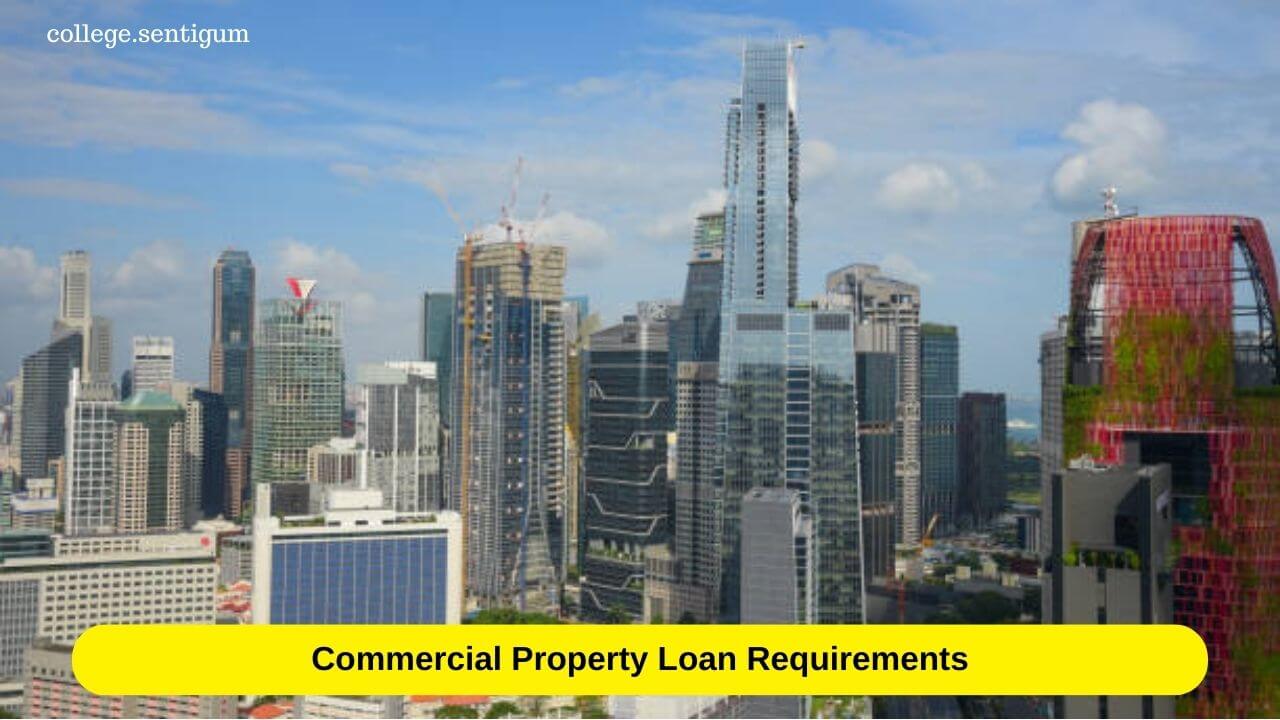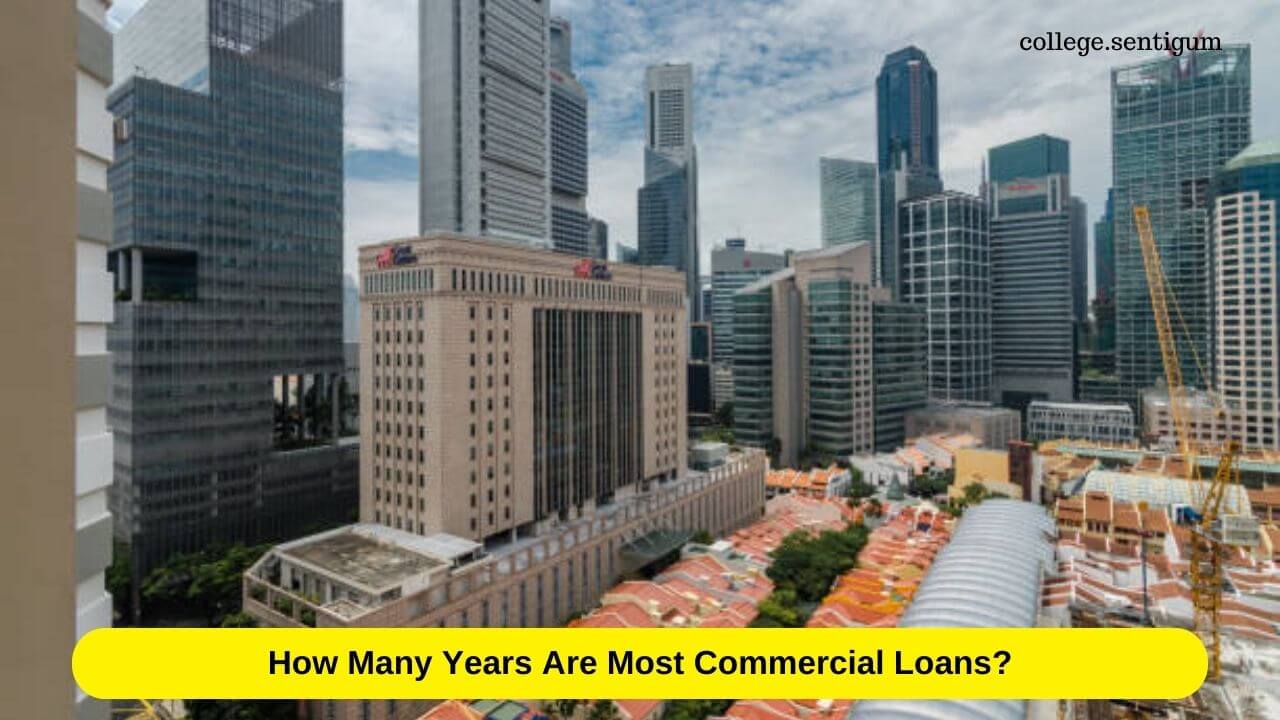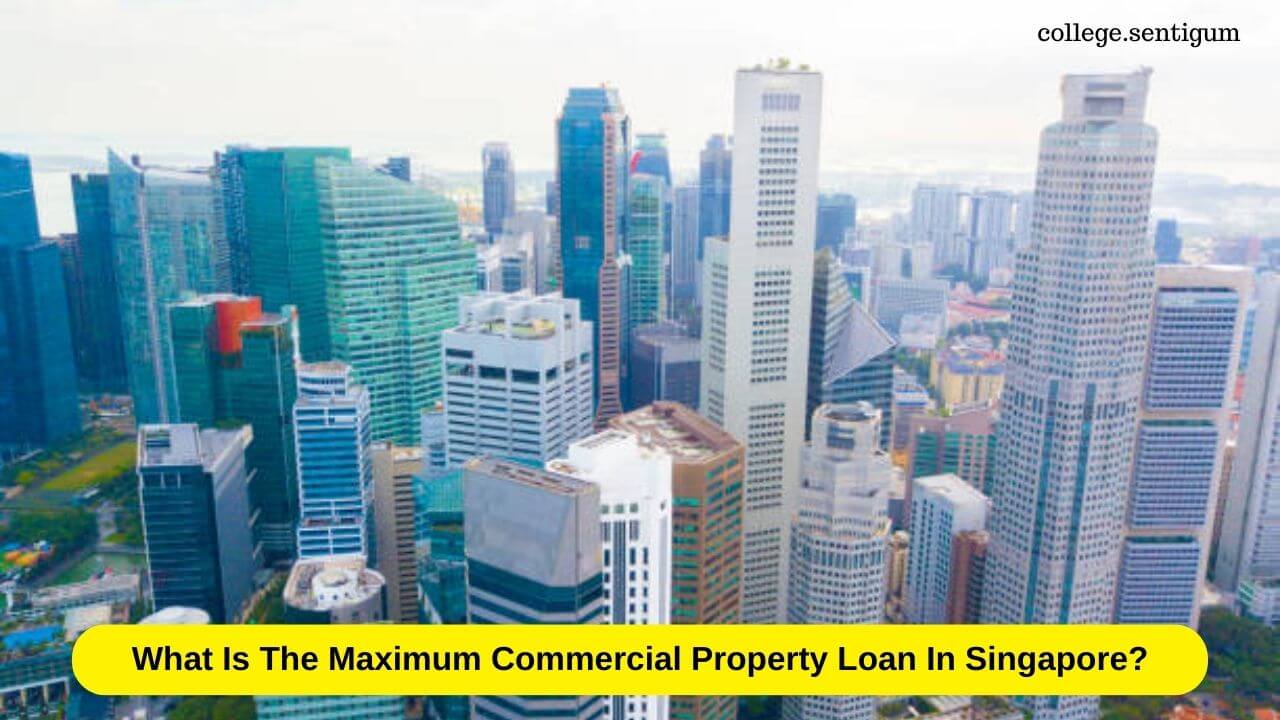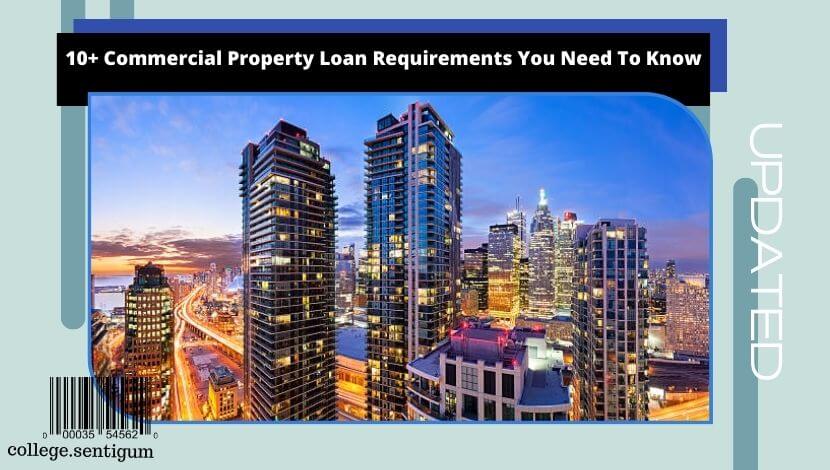Commercial Property Loan Requirements – Commercial property loan requirements typically involve several key factors.
Lenders commonly assess the borrower’s creditworthiness, requiring a solid credit history and score to qualify for favorable terms.
A detailed business plan highlighting the property’s purpose, revenue projections, and market analysis may also be necessary.
The property itself is evaluated, with lenders often requiring an appraisal to ensure its value aligns with the loan amount.
A down payment, usually ranging from 15% to 35% of the property’s purchase price, is typically required, and the borrower’s financial stability, including income and debt-to-income ratio, also play a crucial role in the loan approval process.
Commercial Property Loan Requirements

Commercial property loan requirements vary depending on the lender and the specifics of the loan, but they generally include:
Creditworthiness
Lenders will review your credit history and credit score to assess your ability to repay the loan.
Down Payment: Commercial property loans usually require a down payment, which can range from 15% to 35% of the property’s purchase price.
Business Financials
Lenders often require detailed financial statements for your business to evaluate its financial health and ability to generate income to cover the loan.
Business Plan
A comprehensive business plan that outlines your property’s purpose, market analysis, and revenue projections demonstrates your strategy for the property’s success.
Property Appraisal
An appraisal is conducted to determine the property’s value and ensure it aligns with the loan amount.
Debt Service Coverage Ratio (DSCR)
Lenders may require a specific DSCR to ensure your property’s income covers the loan payments.
Personal Guarantees
Small businesses or new ventures might require personal guarantees from owners to back the loan in case the business can’t cover the payments.
Loan-to-Value Ratio (LTV)
Lenders often have maximum LTV ratios to limit the amount you can borrow compared to the property’s value.
Experience
Your experience in managing similar properties or in the relevant industry can influence the lender’s decision.
Property Details: Information about the property, including its location, type, condition, and potential income, is crucial for loan approval.
Legal and Environmental Checks
Lenders might conduct legal and environmental due diligence to ensure there are no issues that could affect the property’s value or your ability to repay the loan.
Personal and Business Tax Returns
Lenders may request personal and business tax returns to verify your income and financial stability.
Proof of Insurance
You’ll likely need to provide proof of property insurance to protect against potential risks.
It’s important to note that different lenders might have varying requirements, and the type of commercial property loan (e.g., for purchasing, refinancing, or construction) can also influence the specific criteria.
Consulting with a lender or a financial professional can help you understand the exact requirements for the commercial property loan you’re seeking.
Read More: Best Commercial Property Management Companies in 2023
How Many Years Are Most Commercial Loans?

The length of most commercial loans can vary widely depending on the type of loan, the lender’s policies, the borrower’s financial situation, and the purpose of the loan.
Here are some common types of commercial loans and their typical loan terms:
Commercial Real Estate Loans
These loans, used to purchase or refinance commercial properties, often have terms ranging from 5 to 20 years or even longer.
The loan term might be matched to the property’s useful life or the expected cash flow generation.
Small Business Administration (SBA) Loans
SBA loans, which are government-backed loans for small businesses, can have terms of up to 25 years for real estate loans and up to 10 years for working capital or equipment financing.
Equipment Financing
Loans for purchasing business equipment or machinery often have shorter terms, typically ranging from 1 to 10 years, depending on the expected lifespan of the equipment.
Business Lines of Credit
Business lines of credit are revolving credit accounts that allow businesses to borrow and repay funds as needed.
The terms for lines of credit can vary, often with a renewable term of 1 to 5 years.
Construction Loans
Construction loans used to finance building projects can have terms that align with the project’s timeline, often ranging from 6 months to 3 years.
Bridge Loans
Bridge loans are short-term loans used to provide temporary financing until a more permanent solution is secured.
These loans typically have terms ranging from a few months to a few years.
Merchant Cash Advances
These financing options, which provide a lump sum in exchange for a portion of future sales, might have shorter terms, often ranging from 3 to 18 months.
It’s important to note that these are general guidelines, and loan terms can vary widely based on the specific lender, the borrower’s creditworthiness, the loan amount, and the purpose of the loan.
When considering a commercial loan, it’s advisable to carefully review the terms and conditions with the lender and potentially consult with financial professionals to ensure you’re selecting the right loan term for your business’s needs.
Read More: Commercial Property Depreciation & 2 Types of It!
What Is The Maximum Commercial Property Loan In Singapore?

the maximum commercial property loan in Singapore can vary based on several factors, including the type of property, the borrower’s financial profile, the lender’s policies, and prevailing regulations.
In general, the loan-to-value (LTV) ratio for commercial property loans in Singapore typically ranges from 50% to 80%.
For example, if the LTV ratio is 60%, this means that the lender is willing to finance up to 60% of the property’s appraised value, and the borrower would need to provide the remaining amount as a down payment.
It’s important to note that the Monetary Authority of Singapore (MAS) has implemented various property cooling measures over the years to manage the property market and curb excessive borrowing.
These measures can impact the maximum loan amounts and terms available for commercial property loans.
Since lending policies and regulations can change over time, I recommend checking with financial institutions, banks, or mortgage brokers in Singapore to get the most up-to-date information on maximum commercial property loan amounts and LTV ratios that are currently in effect.
Read More: 25 Tips & Benefits of Investing In Commercial Property
Conclusion
In conclusion, obtaining a commercial property loan involves meeting a range of essential criteria, from demonstrating strong creditworthiness and providing a substantial down payment to presenting a detailed business plan with revenue projections.
Property appraisal and assessment of the property’s income potential also play a significant role.
Lenders evaluate debt service coverage ratio (DSCR) and the borrower’s overall financial stability to determine eligibility and terms.
While specific requirements can vary based on factors such as the lender’s policies and property type, navigating these requirements thoughtfully is crucial to securing the financing needed for successful commercial property ventures.
